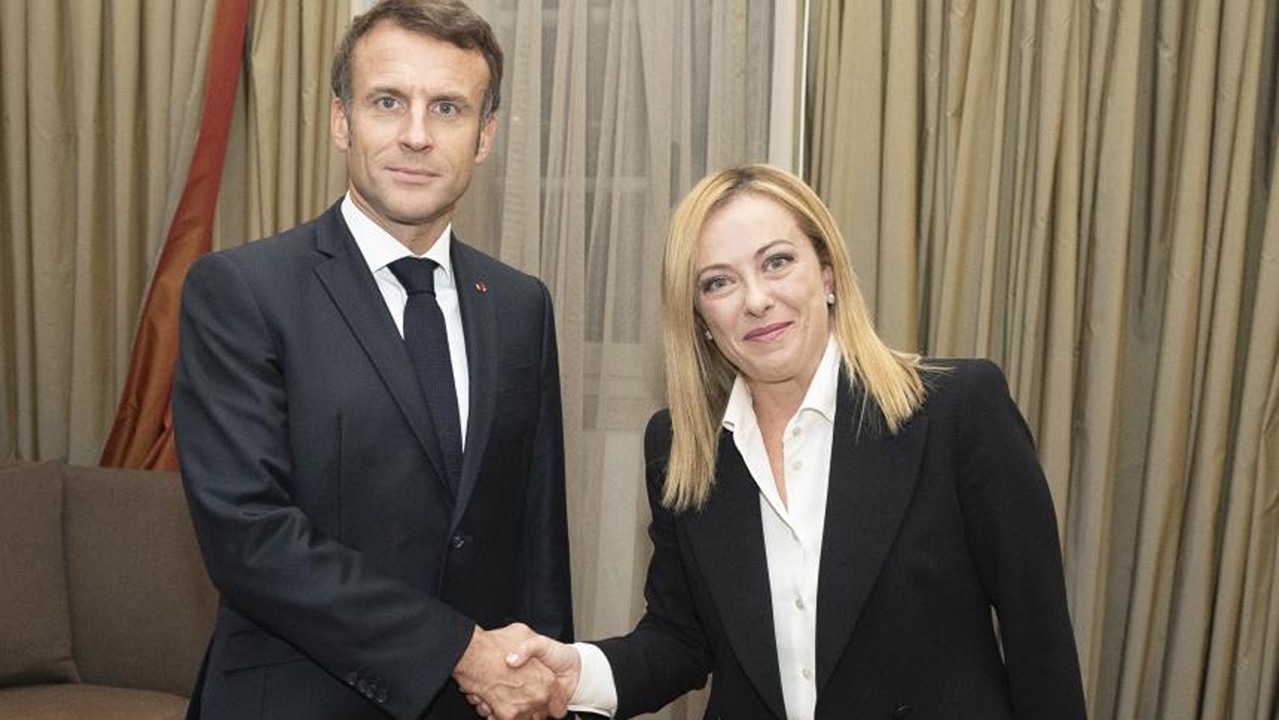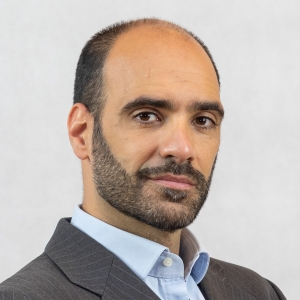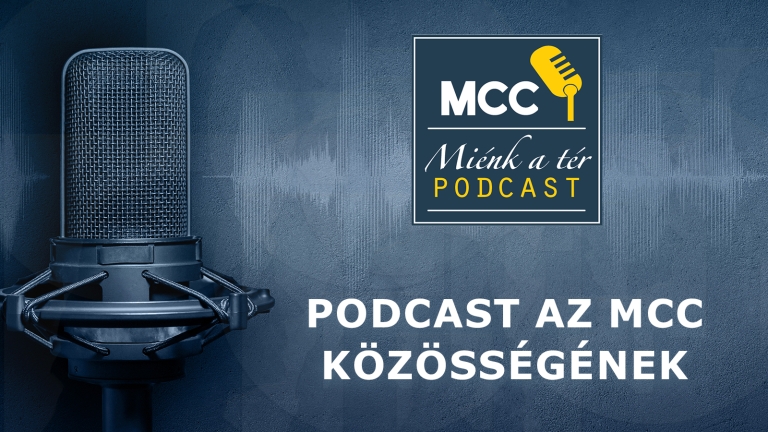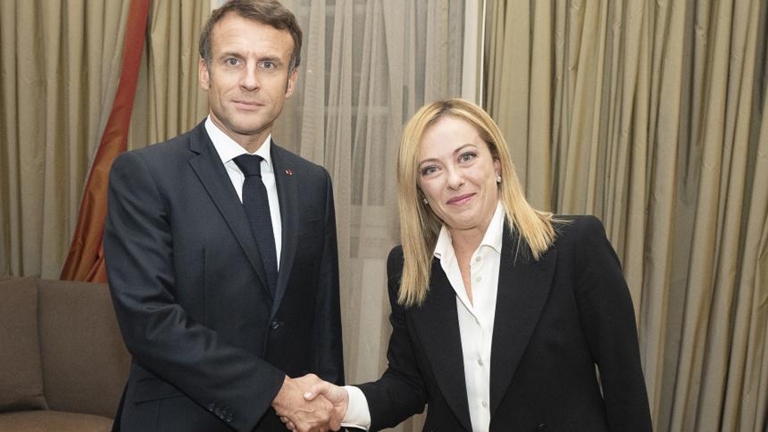After Emmanuel Macron's meeting with Giorgia Meloni, where is France going in the new European landscape that has just undergone many upheavals (with regard to the Italian elections, the resignation of Liz Truss and concerns about the Franco-German relations)?
The European political landscape is undergoing a great upheaval, almost on a daily basis, a period of excitement and change whose extent or even direction is difficult to gauge. What conclusions can be drawn from Emmanuel Macron's visit to Giorgia Meloni, if not a gesture of courtesy and normality with one of the founding countries of the Union, a heavyweight and a systemic country? Perhaps a sign of pragmatism after the futile polemics (notably the peremptory statements of her Secretary of State Laurence Boone) on her election while the house is burning? Yes, certainly, and that is good news, but nothing else can be inferred at this stage. The most striking fact of this recent news is the cancellation of the Franco-German Summit, which is rare and diplomatically a very abrupt gesture, all the more so with a partner that Macron had made a privileged ally since the beginning of his first term. There is clearly a cooling of the relationship that we saw coming, especially following substantive disagreements on the war in Ukraine or energy policy, for example the refusal to accept the Mid-Cat pipeline between Spain and Germany.
So where is France going? In this period of extreme uncertainty and turbulence, on the verge of a winter that everyone is dreading, it is groping its way forward, like all the others, evaluating this new paradigm that is just beginning to take shape. So, above all, let's not draw any conclusions that would not survive the next jolt in the news in a few weeks.
While London, Berlin and Rome were the privileged partners of Paris and France, everything now seems uncertain (especially with regard to concerns about the weakening of the Franco-German relations)... Who can be the real allies of France and Emmanuel Macron from now on?
There is no doubt that the Franco-German couple is on the wane, but let's remember that for years it had become a commonplace, a sort of relic that is invoked for want of anything better. A loss of momentum that took place despite Macron's voluntarism during his first term of office and which culminated in the cancellation of the Franco-German Summit.
Who will France turn to? It is difficult to say, especially since the same question can be asked of all the other countries. Who does a weakened Germany turn to now? And the Nordic countries, towards themselves, towards the Baltic countries? And Meloni's Italy, to the more conservative countries or to the other founding states of the EU? What about the Visegrad group, which continues to unite Poland and Hungary against all odds, two countries united by the EU's financial blackmail against them, but which are at odds over war and sanctions? What about Spain, weakened by its diplomatic blunders with Algeria and managed erratically by a disparate coalition that is held together only by its Prime Minister's thirst for power?
This is the chessboard of uncertainties on which Macron, and all the others, must play. We are witnessing a great redistribution of the cards that has just begun and whose contours are constantly defined by the vagaries of war.
In this context and with these fragilities at the heart of the EU, is Emmanuel Macron increasingly naive about Europe?
In any case, this is not the flamboyant Macron of the Sorbonne speech or the Athens speech, the self-proclaimed golden boy of a powerful, sovereign and (by the way) federal Europe. More than naive, I think on the contrary that he is losing his European virginity. It is true that Europe has not been spared crises for the past 15 years, but this war is so badly affecting an EU that was living protected from geopolitical dangers that all the cards have been reshuffled. In my opinion, Macron (like so many others) is choosing a certain pragmatism by focusing on the defence of his national interests. Moreover, the current situation refers Macron to the weaknesses of his own country and government. How can he play the role of natural leader of Europe in these conditions? This is enough to make even Emmanuel Macron disappointed.
Emmanuel Macron announced this Friday that France would leave the Energy Charter Treaty. This decision comes in a context of Franco-German relations that appear tense, including the cancellation of the Franco-German Council. Should this be seen as a signal that the European policy pursued until then is being called into question?
No. This is a very technical dossier that has been renegotiated by the Commission on behalf of the 27 long before the war, rediscussed (and even challenged) for many years and has already been amended to make it a more flexible instrument, more "à la carte". Some countries think that this treaty is a brake on the fight against climate change and believe that the changes negotiated by the Commission are not sufficient. Others are more sceptical. This is the main issue, so let's not make it a marker for major change.
Could these events mark the beginning of a major shift in Emmanuel Macron's European policy and diplomacy with France's neighbors? Towards what new direction?
War, yes, the Energy Charter Treaty, no. The Russian aggression in Ukraine is of course a tectonic shift for the EU. In these febrile times, it is even a life-size test of its solidity and its capacity to unite member states or, on the contrary, to oppose them. Viktor Orbán even spoke of "cannibalisation" between states, a "sauve qui peut" that could become an "après moi le déluge" during the winter. The French opposition to the Mid-Cat between Spain and Germany, Berlin's 200 billion euro programme to save its industry, the effectiveness and therefore the continuity of the sanctions against Russia, the minimum price of gas, these are the issues that are potentially explosive for European cohesion. In which direction will France go? In the current chaos, it's hard to say, but the option of a certain national pragmatism that would make it possible to limit the social damage of a winter that will probably be harsh in the light of an economic recession seems to me to be the most appropriate. We need to let go a little and concentrate for a few months on the well-being of populations that are afraid and worried.
Will this result in new strategic alliances and a change of diplomatic direction for France? Will Macron, for example, look to Poland (which has a bad relationship with the Scholz government), or the Baltics, or Italy? No one knows, but in any case, it is certain that the status quo has been shattered and the EU as we know it will be very different from now on. Starting with the Franco-German couple.
(This article is the translation of an interview with Rodrigo that appeared in original in French az Atlantico).










